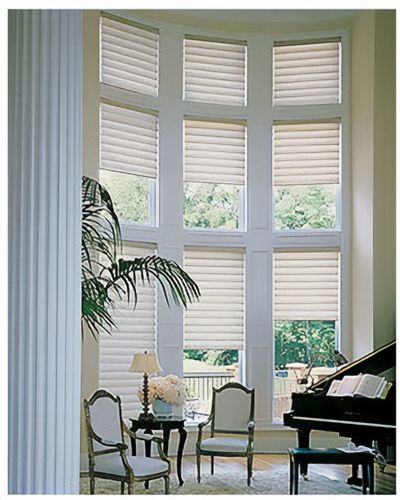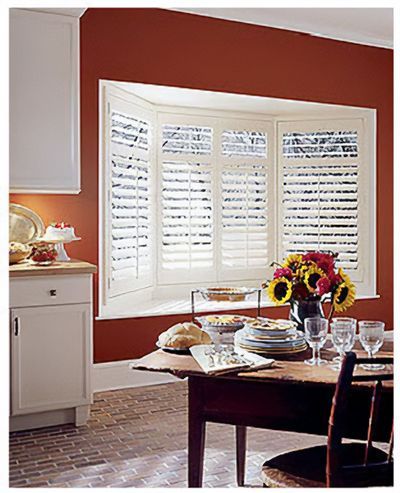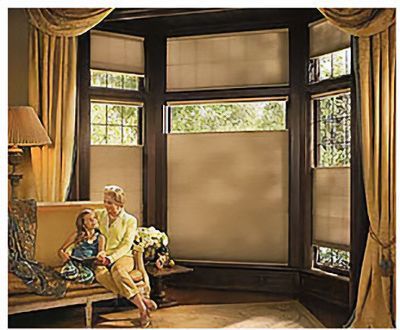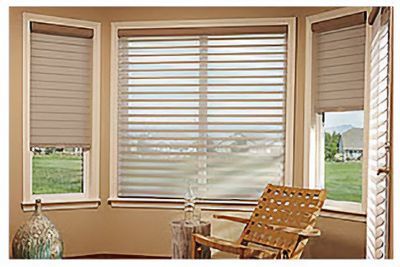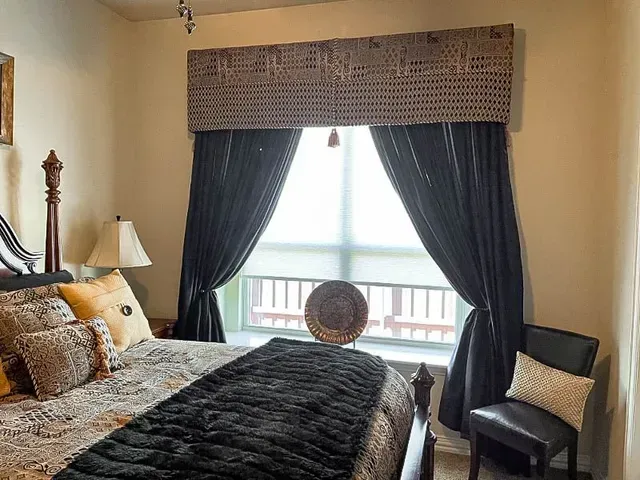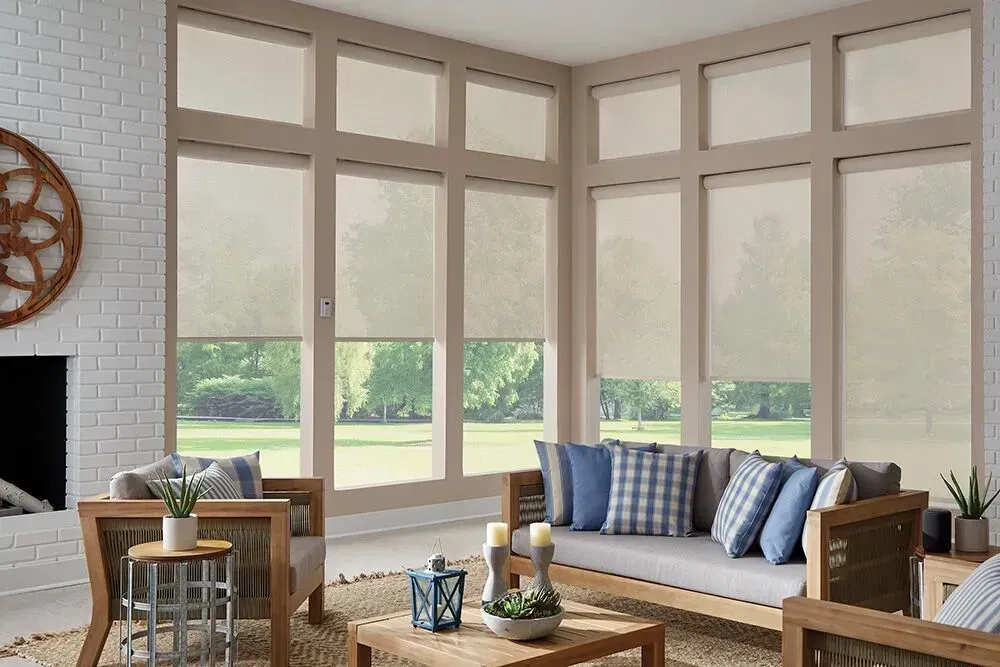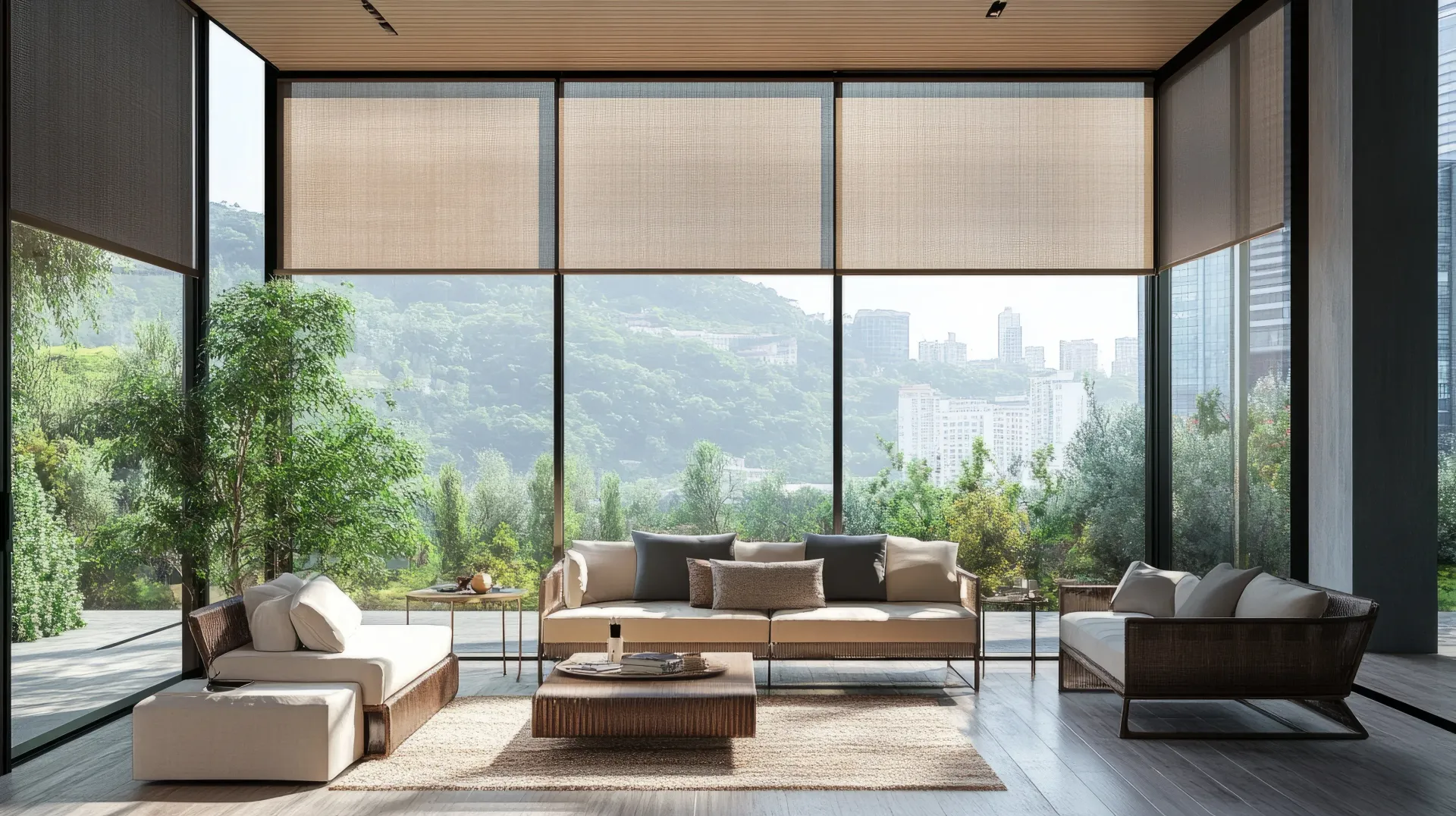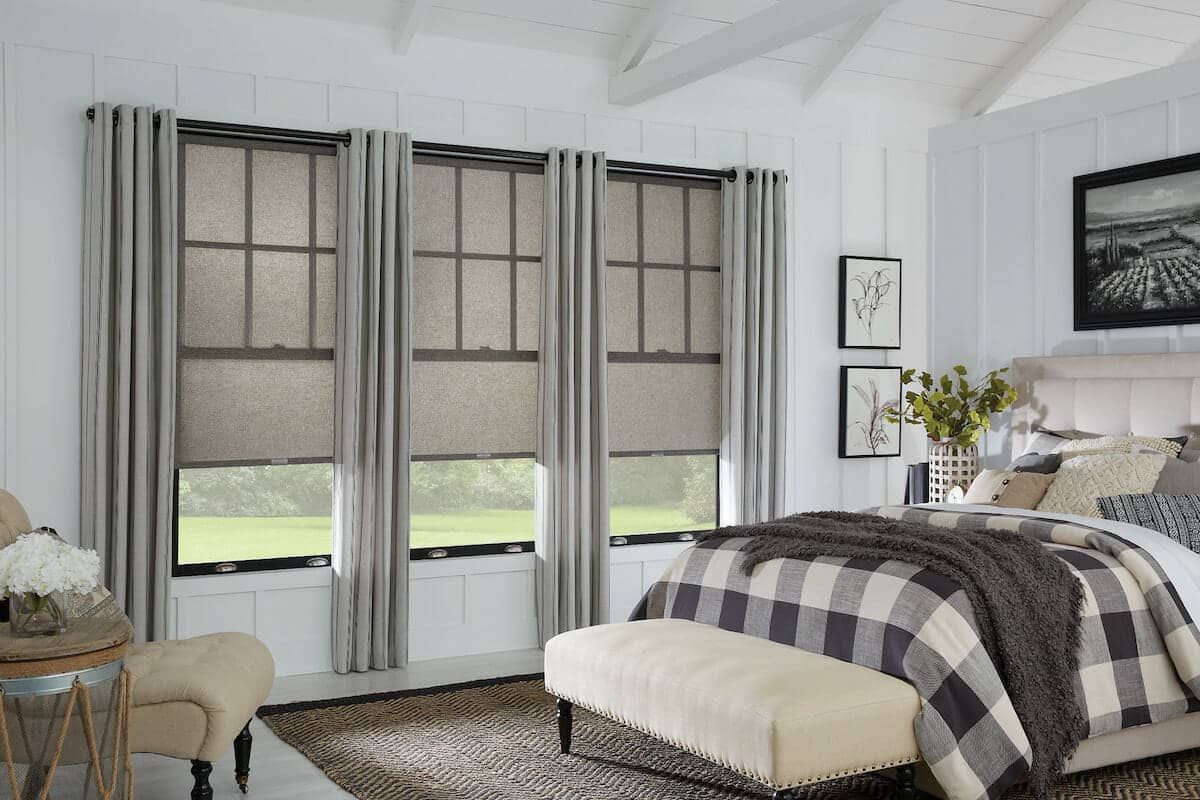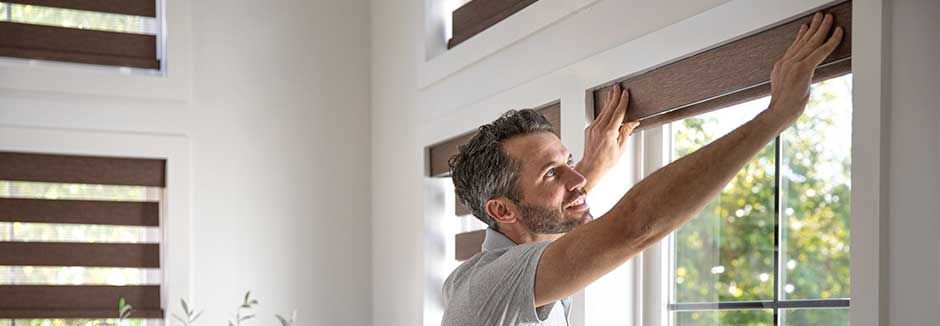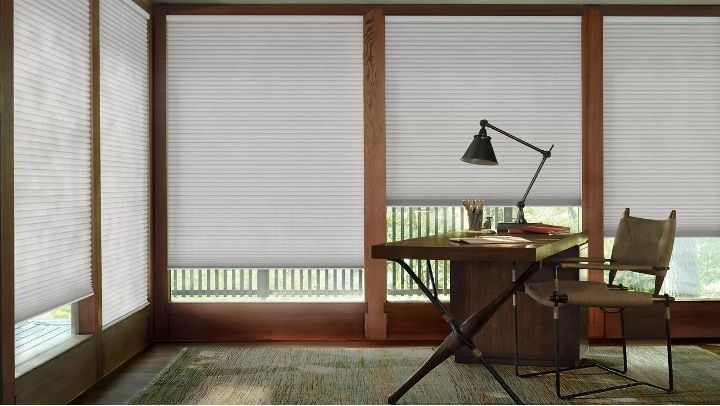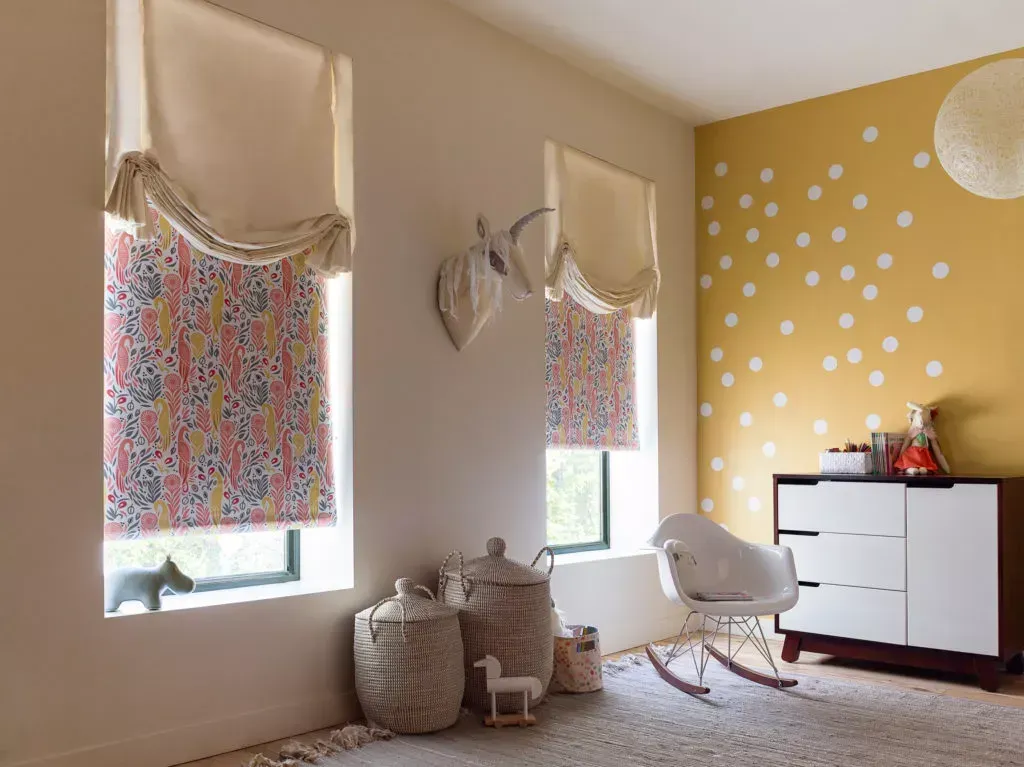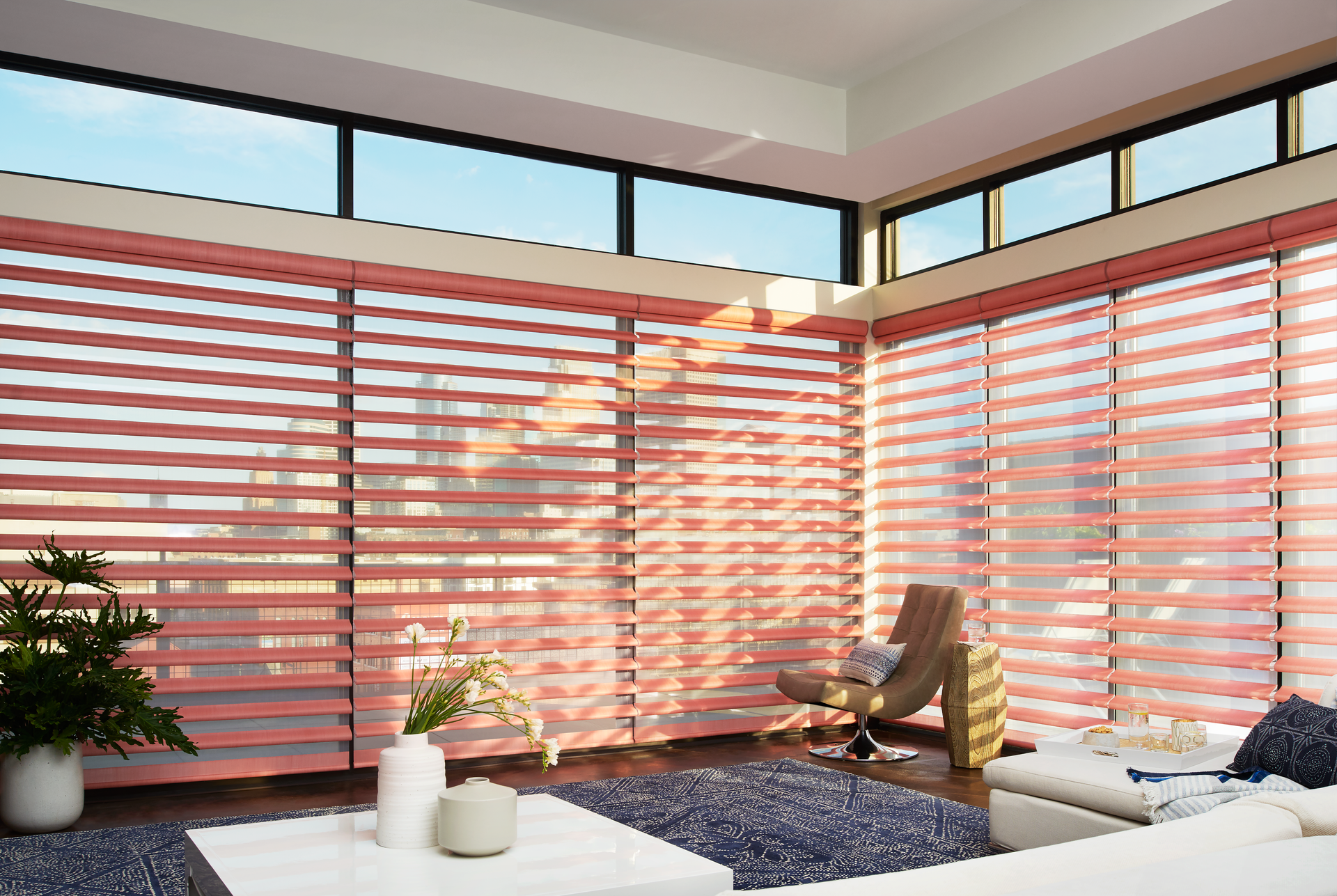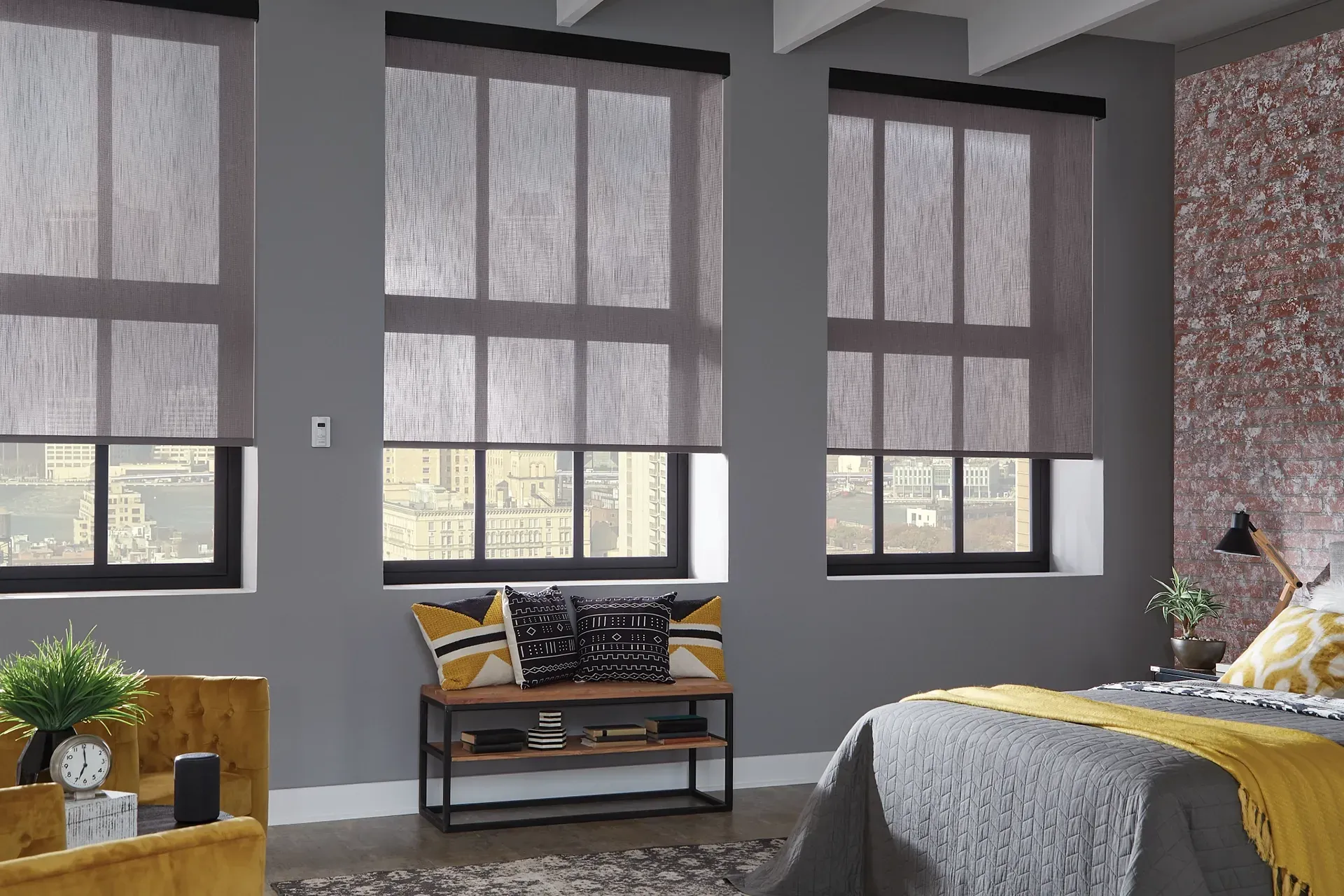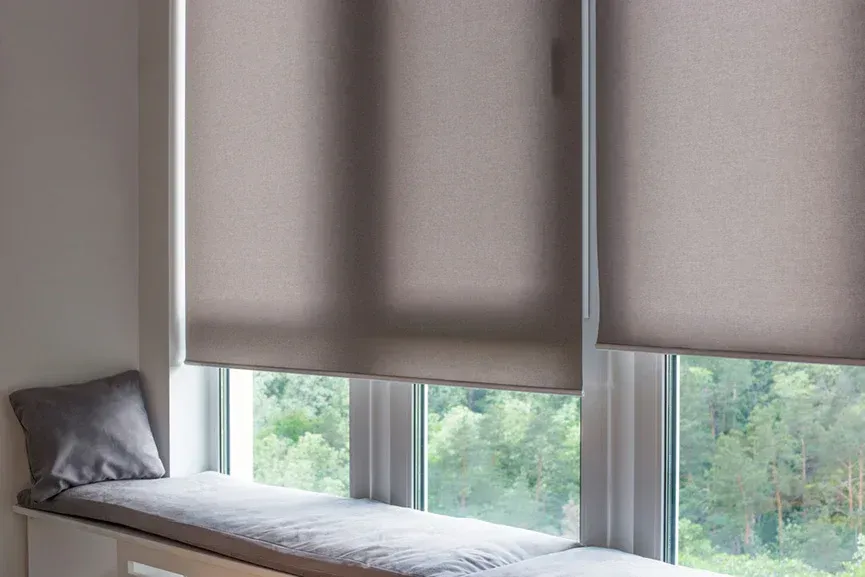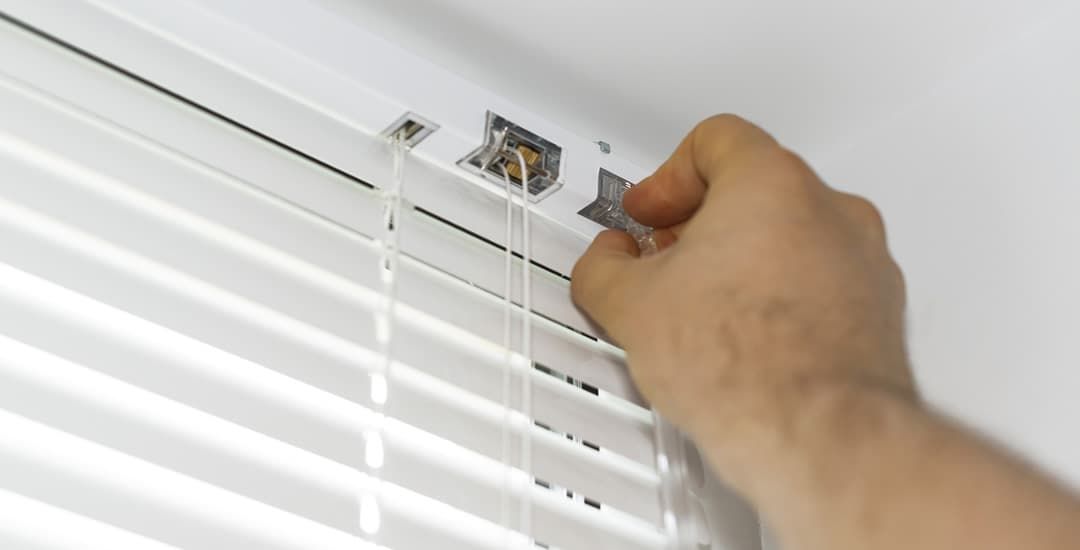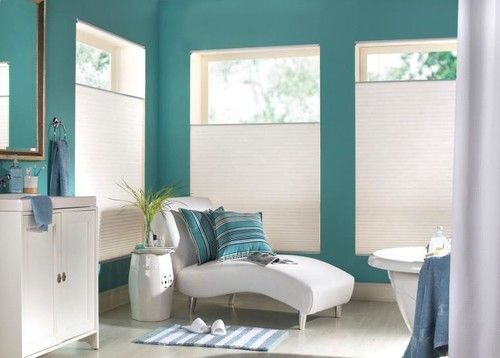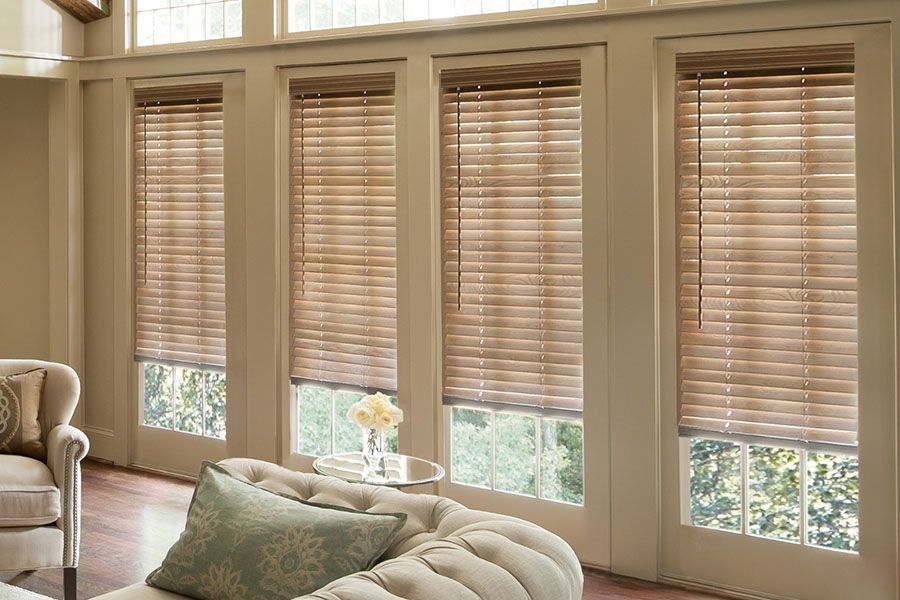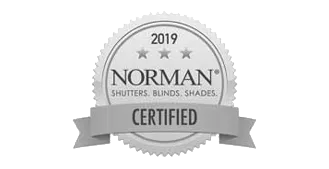LOVE IS BLINDS
Five Guidelines for Choosing Window Treatments for Bay Windows
TLDR;
The best way to choose
window treatments for bay windows is to measure carefully, select treatments that balance light control and privacy, match the treatment to the shape of the window, layer for style and function, and prioritize insulation and maintenance. These five guidelines ensure bay window treatments look great and perform well in any room.
Why Bay Windows Need Special Care
Bay windows are striking architectural features, but they bring unique challenges. The angles, multiple panels, and size make them harder to cover than standard windows. They let in more light, often create heat gain, and expose privacy concerns. Choosing the right window coverings for bay windows requires a plan that balances beauty and function. Shop Love Is Blinds helps homeowners and businesses select treatments that enhance style while solving these practical issues.
Understanding Bay Windows and Their Unique Challenges
What Is a Bay Window?
A bay window projects outward from a wall, usually made of three panels set at angles. It differs from a bow window, which uses four or more panels in a curved shape, and from an oriel window, which projects without touching the ground.
Architectural and Lighting Considerations
Bay windows bring extra natural light and expand the view of a room. They often become the focal point of a space. Their angles create difficulties for mounting rods or blinds. The abundance of light may also increase glare or heat.
Common Problems With Bay Windows
- Glare from direct sunlight
- Heat gain in summer
- Heat loss in winter
- Limited privacy in front-facing rooms
- Awkward angles for rods, tracks, or blinds
These challenges show why a structured approach to choosing bay window treatments is necessary.
Guideline 1 — Prioritize Precise Measurement and Custom Fit
Measuring Individual Panels and Returns
Each panel of a bay window requires its own measurement. You must account for:
- Width of each pane
- Height of each pane
- Depth for inside mounts
- Return measurements for treatments that project outward
Why One-Size-Fits-All Fails
Standard blinds or rods rarely fit bay windows. Gaps allow light leaks, and treatments look uneven. Precise measuring ensures a professional finish.
Role of Professional Measuring
A professional uses templates and tools designed for angles and projections. This avoids costly mistakes and ensures symmetry. Shop Love Is Blinds often recommends professional measuring as the first step in any bay window treatment project.
Guideline 2 — Select the Right Light Control and Privacy Level
Differentiating Light-Filtering, Sheer, Blackout, Top-Down/Bottom-Up
- Sheer fabrics filter glare while maintaining the view
- Blackout shades block light for bedrooms or media rooms
- Light-filtering shades soften light without darkening the room
- Top-down/bottom-up designs let you lower
shades from the top for privacy while allowing natural light
Privacy vs View
A bay window often looks onto a street or neighbor’s property. The goal is privacy without losing natural light. Combining sheer shades during the day and blackout drapes at night achieves balance.
Using Layered Treatments
Layering is effective for bay windows. Pairing shades with drapes, or shutters with curtains, allows flexibility. You can adjust based on time of day or season.
Guideline 3 — Match Treatment Type to Window Shape and Angles
Treatments for Angled Panels
- Individual blinds for each panel
- Segmented shades that match the angles
- Independent controls for flexibility
Rods and Tracks
Bay windows need curved or flexible rods. Options include:
- Bay window curtain rods with angled joints
- Flexible track systems that bend to fit curves
Special Cases
Bow windows with four or more panels work best with continuous tracks or curved rods. Oriel windows benefit from light treatments like roller shades that do not overwhelm the architecture.
Guideline 4 — Layering and Styling for Visual Cohesion
Combining Treatments
- Shutters with curtains add structure and softness
- Shades with valances highlight the architecture
- Drapes over blinds add texture and depth
Texture, Pattern, and Color Harmony
Bay windows stand out, so treatments must enhance rather than distract. Choose fabrics or materials that echo room décor. Patterns should align with the scale of the window.
Framing vs Covering
Some treatments frame the bay window while keeping its shape visible. Others cover the entire area for insulation. The choice depends on whether you want to highlight the architecture or conceal it for function.
Guideline 5 — Insulation, Energy Efficiency, and Maintenance
Energy-Efficient Treatments
- Cellular or honeycomb shades trap air, reducing heat loss
- Thermal liners added to drapes improve insulation
- Blackout backing keeps out both heat and light
Material Durability and Cleaning
- Faux wood resists moisture in kitchens and bathrooms
- Fabric shades need vacuuming or spot cleaning
- Shutters require occasional dusting
Motorized and Smart Window Treatments
Bay windows often require multiple treatments. Motorization makes them easier to operate. Smart controls integrate with home automation systems, saving time and improving convenience.
Comparing Common Bay Window Treatment Options
Plantation Shutters
- Pros: Elegant, durable, good for insulation
- Cons: Higher cost, heavier look
- Best Use: Traditional living rooms, large windows. For homeowners wanting lasting quality,
Norman Window Fashions is a trusted choice for custom plantation shutters that fit bay window designs perfectly.
Roman Shades
- Pros: Stylish, wide variety of fabrics
- Cons: May block part of the view when raised
- Best Use: Bedrooms, dining areas
Roller and Solar Shades
- Pros: Sleek, space-saving, control glare
- Cons: Minimal insulation
- Best Use: Modern homes, offices, kitchens
Drapes and Curtains
- Pros: Flexible, wide range of fabrics and styles
- Cons: Require rods and more space
- Best Use: Formal spaces, layered designs
Cellular and Honeycomb Shades
- Pros: Excellent insulation, lightweight, versatile
- Cons: Limited pattern options
- Best Use: Bedrooms, energy-conscious homes. Premium brands like Hunter Douglas offer high-performance cellular shades designed specifically for insulation and style.
How to Choose Based on Room and Use Case
Living Room or Dining Room
Focus on layered styling with drapes over blinds. This creates a formal and inviting look.
Bedroom or Media Room
Prioritize blackout shades or layered blackout drapes for privacy and darkness.
Kitchen or Bathroom
Moisture-resistant options like faux wood blinds or shutters work best.
Bay Window Seat or Nook
Choose treatments that provide comfort without crowding the space, such as Roman shades or cellular shades.
Installation Tips and Avoiding Common Mistakes
Rod and Track Placement
- Ceiling mounts work well for tall windows
- Inside mounts keep treatments flush
- Wall mounts give flexibility for drapes
Allowance for Returns and Folds
Plan extra space for folds, overlaps, and hardware.
Gaps and Light Leaks
Precise measurements and layered treatments help reduce leaks.
Safety Tips
Cordless or motorized treatments reduce hazards in homes with children.
Buyer’s Guide for Bay Window Treatments
- Start with accurate measurements
- Decide how much light control and privacy you need
- Choose treatments that suit the angles of your window
- Consider insulation and maintenance
- Match materials and style to your room décor
FAQs on Bay Window Treatments
Can I Mix Different Treatments on the Same Bay Window?
Yes, mixing is common. For example, shades for light control and drapes for style.
Do I Need Motorization for Bay Windows?
Not required, but recommended for large or hard-to-reach windows.
How Do I Maintain or Clean Different Treatments?
Vacuum fabric shades
Dust shutters and blinds
Spot-clean drapes or wash if fabric allows
What Is the Most Energy-Efficient Option?
Cellular shades and lined drapes provide the strongest insulation.
How Long Does Custom Installation Take?
Custom orders vary, but plan for several weeks for measurement, fabrication, and installation.
Window Coverings for Modern Homes
The five guidelines for choosing window treatments for bay windows are clear: measure carefully, plan for privacy and light, match the treatment to the shape, layer for style, and select materials for energy efficiency and upkeep. Bay windows add value and beauty to any space, but they need thoughtful solutions. Shop Love Is Blinds provides expertise, custom options, and professional guidance to help you choose the best treatment for your home or business.
Need to setup a Repair Appointment?

